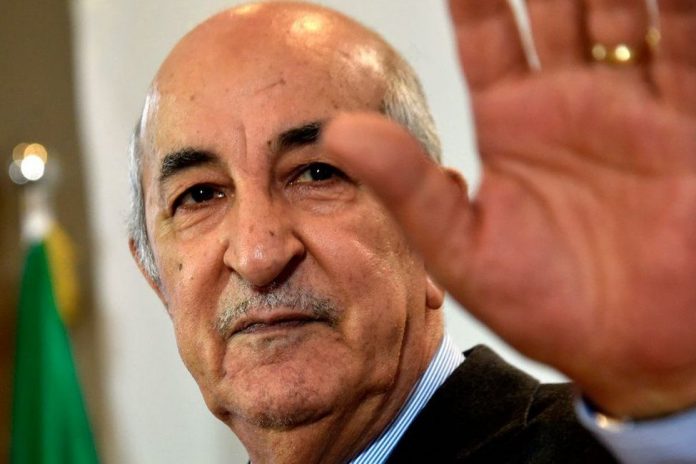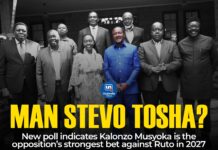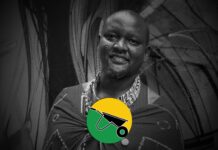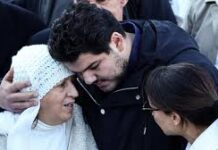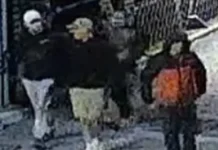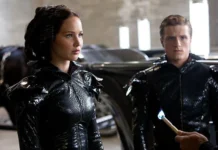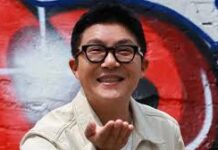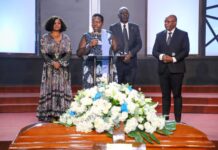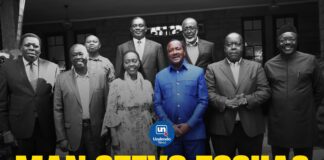Algeria is holding a parliamentary election that is being boycotted by an influential protest movement and regarded by many with scepticism.
Political instability, a sharp drop in oil revenue plus the coronavirus pandemic have hampered many of the reforms promised by the government which took over after mass protests forced the president to step down in 2019.
“You want change, cast your ballot” was this year’s slogan, as the government fears a repeat of the historically low turnout seen in recent polls.
More independent candidates are standing than ever, thanks in part to new rules on funding, and for the first time in an Algerian election women make up half of the candidates.
Election results are expected by Monday.
This is the third vote to happen in Africa’s biggest nation since President Abdelaziz Bouteflika resigned in April 2019, after hundreds of thousands of people had taken part in nationwide protests against his bid for a fifth term in office, and demanding an end to corruption and cronyism.
His successor Abdelmadjid Tebboune says this latest vote – for 407 new representatives in the lower house of parliament – will lead to a break from the “corrupt” regime and lay the foundations for a “new Algeria”.
For the government’s critics, the pace of change has not been fast enough. They say the same people still wield real power in the country.
But new rules mean MPs who have served two or more electoral terms are automatically barred from running again.
More than 1,200 candidates involved in “suspicious activities and transactions” have been struck out by the electoral commission.
Foreign donors have also been banned, and independent candidates aged 40 and under now benefit from government grants of 300,000 dinars (£2,000; £1,600) to finance their campaigns.
As a result of the new regulations more than half of all candidates are independents, making party lists a minority for the first time.
Yet analysts say a number of established, mainstream party candidates have turned this to their tactical advantage by standing as independents.
Who’s behind the boycott?
“Holding elections is not the solution to our problems,” says Samir Belarbi of the huge popular movement, known as “Hirak”, that toppled former President Bouteflika.
Hirak does not have an official leader or even an address or telephone number but its demands are clear and unchanged – it wants the whole political establishment to be swept away.
“The country has always had elections but the regime has also always dominated parliament,” says Mr Belarbi.









